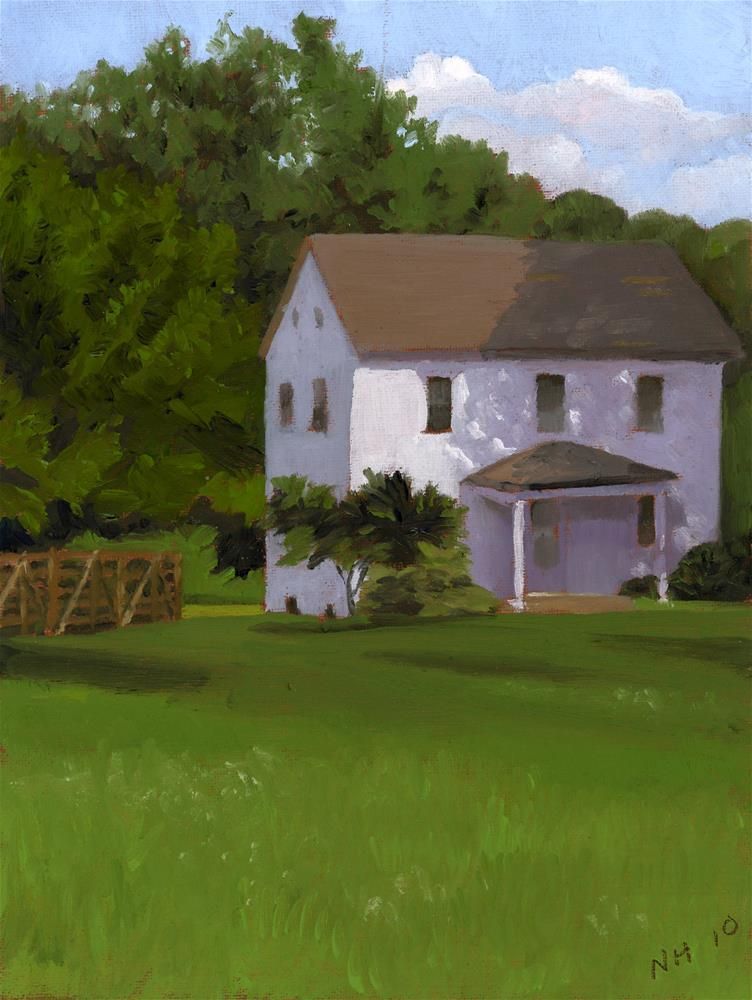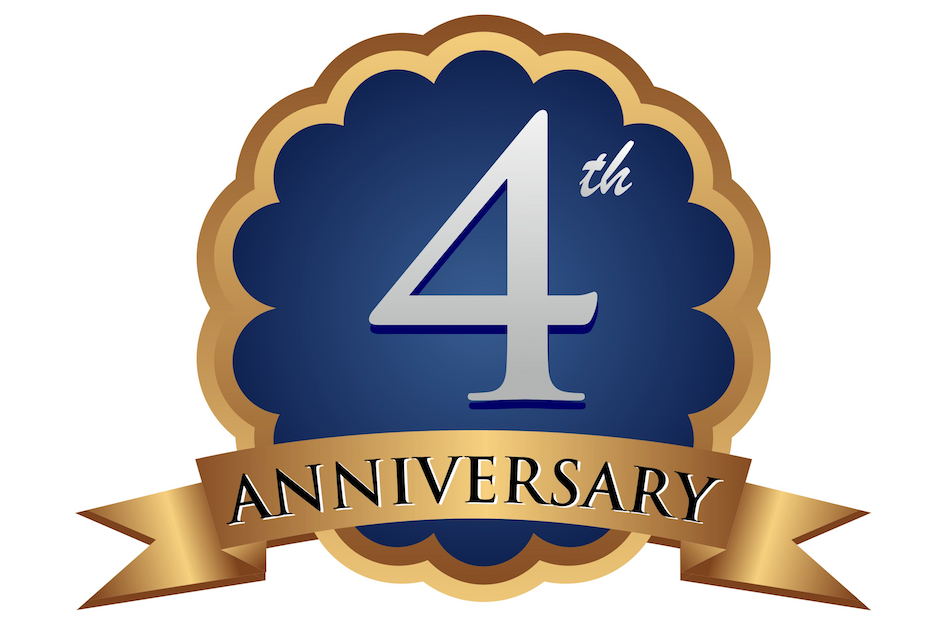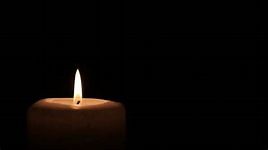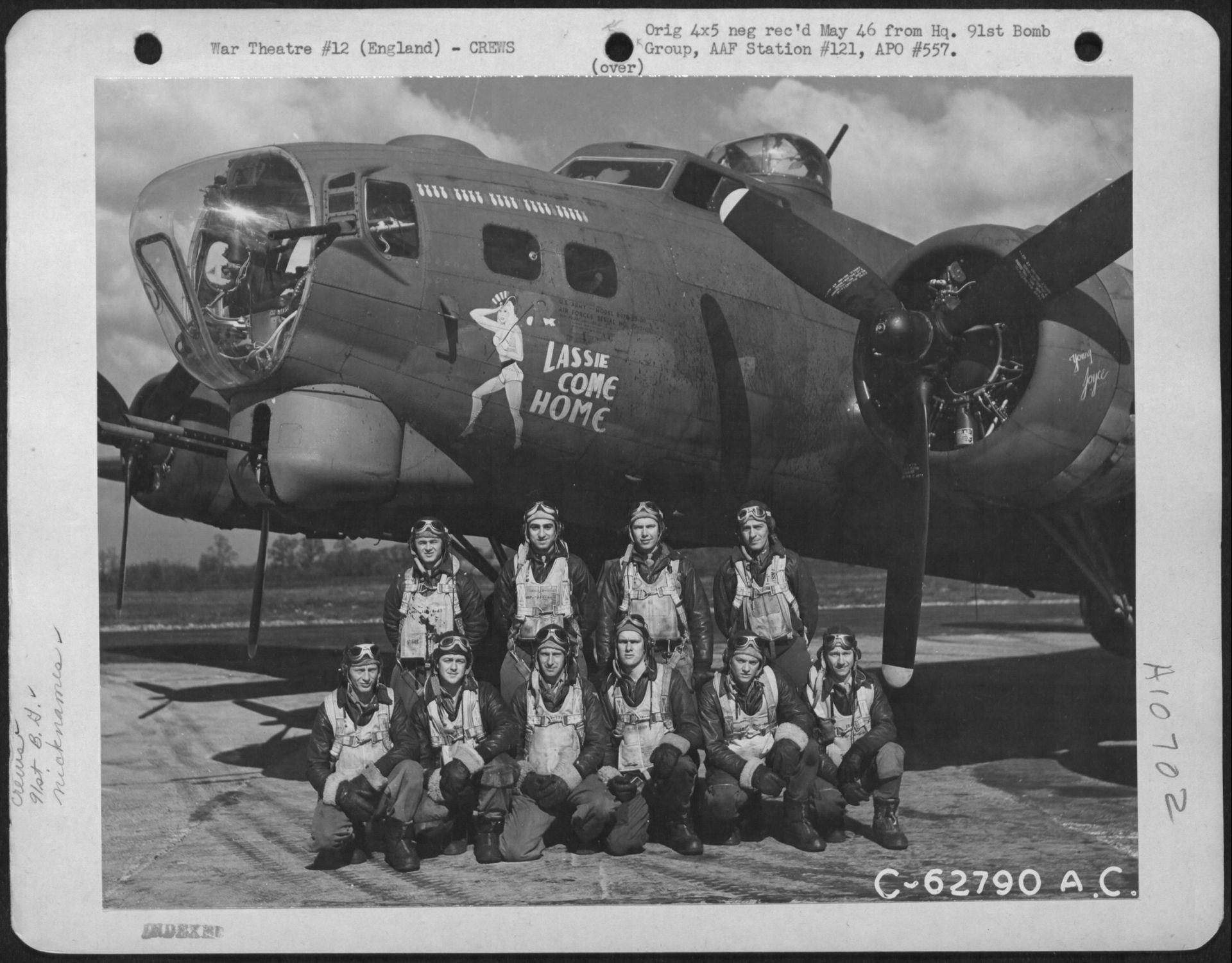It is always good to appreciate and care for caregivers.
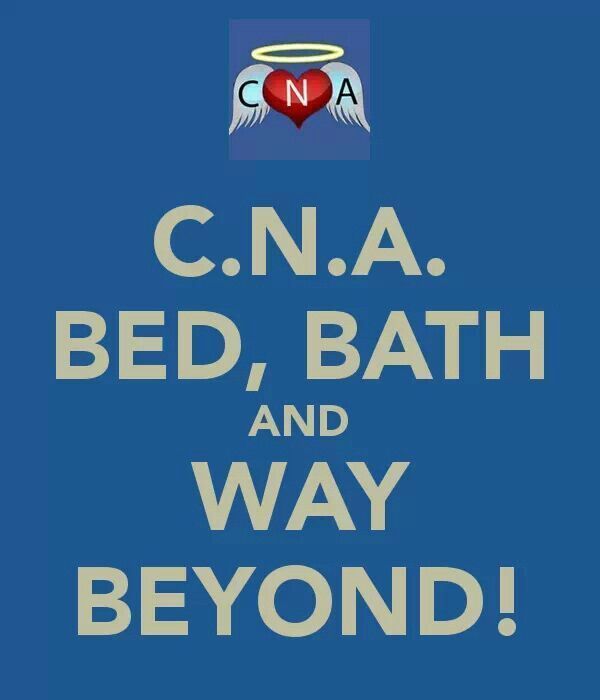
I worked with Helen during the night shift at Hospice of Saint John, in Denver.
For some reason, from 1-3 AM seemed to be prime time for people to pass from this life into the next. Our roles were different but we often worked together during those difficult hours.
Our hospice set the bar high for providing dignity to those at the end of life and following their passing.
Other hospices learned from the way we did things. We did not use body bags or toe tags. The patient's ride to the mortuary was an honored escort in the transport vehicle--our patient was the only patient. The face of the deceased was not covered until they were ready to enter the transport vehicle. A Chaplain attended every death, 24/7/365. It was my job to oversee this process for the hundreds of deaths that I attended.
At our Inpatient Care Center, which was the second oldest inpatient hospice in the United States, CNAs (Certified Nursing Assistants) would prepare the body to be transported. After the passing, usually the family would step out of the room to give the CNA space and time to do his/her work of preparing the body to be moved.
Many times, the final hours and minutes of life were messy. Fresh bedding would often be put on the bed. The body would be bathed, and then dressed in fresh bed clothes (occasionally street clothes) and tucked into a clean and orderly bed. With the head resting on a pillow, the hair would be freshly combed and the hands were folded over the patient. Often a small bouquet of flowers would be placed in the hands.
All of our CNAs showed compassion to our patients and treated them with dignity, but Helen excelled above them all.
The family said their farewell and committed this patient to our care. With the outside world asleep and no one watching, Helen worked in the early morning hours with the difficult and dramatic task of tending to a dead body. She did not know I saw her.
I watched as Helen applied skin cream, gently and thoroughly, as we might to our own bodies after we take a hot bath or shower.
Her work was angelic.
Often I called her an angel as I raved about her work and the love that flowed from her hands as she cared for patients.
Helen is a black woman. I don't know how that affects the way she works but I do know that no one else could do her job any better than she did. Her motive was to treat each patient with dignity and her actions were a tribute to hospice care, CNAs and her race. Helen even used her income to put her daughter though college.
I've worked with many Black medical professionals including doctors, nurses, therapists, in home caregivers and CNAs, who deserve recognition for their work, especially during Black History Month.
I hope this post is not perceived as political nor patronizing. I don't expect this salute to adequately address racism. But Black History month always reminds me of Helen and it gives me the opportunity to honor her and many other skilled and dedicated workers. If I ever saw or heard someone disrespect or mistreat her, I would do everything in my power to defend and protect her. In a small way, I hope this post supports efforts to end racism.
Take a moment to appreciate CNAs and black medical professionals that serve those in your care. Your salute will show respect and may cancel a wrong done in the past.
When you care for people who care for people, you are helping to provide the best care and nurturing and expanding the value of care in our culture.

